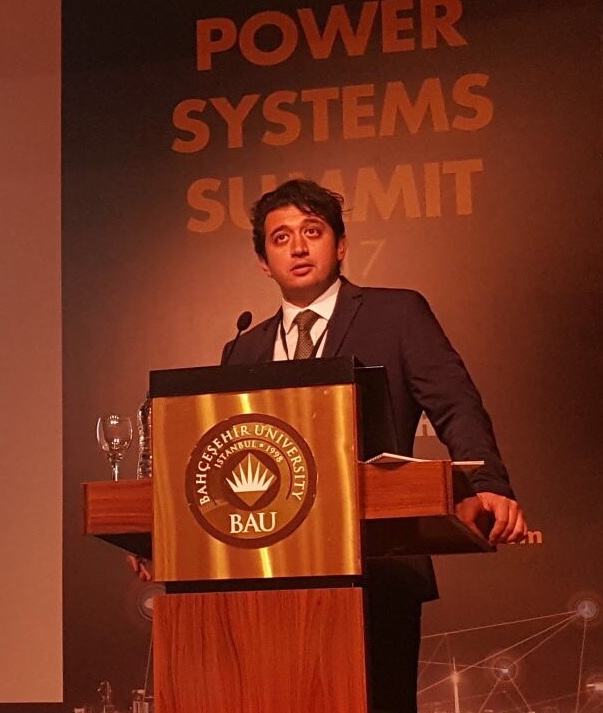Keynote Lectures
Keynote — Multilevel Inverters: Topologies, Modulation and Control Strategies
Ebrahim Babaei, University of Tabriz, Iran
Abstract: Multilevel inverters have been experienced, in terms of research and applications, a continuous and increasing growth during the last three decades. Distinctive features of multilevel converters are their capability to overcome the voltage limits imposed by the adopted power devices and to reduce voltage and current harmonics content, thus reducing power losses, heat, noise and increasing efficiency and reliability. The effort of the researchers and industry has led to a rapid development of different multilevel inverter topologies, modulation techniques and control strategies. In this presentation, the speech will focus on three different related subjects to multilevel inverters; Topologies, Optimization Methods, and Control Strategies.
At the first part, the speech will try to introduce some sub-modules to rebuild the presented topologies at the literature and also presenting new topologies of multilevel inverters. Another important point about multilevel inverters is that in most cases for a given topology, it is possible to use different configuration to generate the same number of output levels but with different number of components. So, it is strongly required to find a solution to optimize the topology in a way that by using minimum number of components to generate more number of levels. This subject will be the topic of second part. The next important point about multilevel inverters is their control methods. There are different control methods for multilevel inverters. Among them, the Selective Harmonic Modulation techniques (SHE) usually operate at fundamental frequency and are capable to cancel or mitigate one or more frequencies from the outputs. In addition, in symmetric multilevel inverters, balancing the provided energy by different DC voltage sources is other concern in controlling the multilevel inverters. After a theoretical discussion on the fundamentals of modulation algorithms with analytical methods, the speech will introduce and discuss in detail the selective harmonic modulation and charge balance control methods for modulation of cascaded H-Bridge multilevel converters.
Biography
Ebrahim Babaei (M’10, SM’16) was born in Ahar, Iran, in 1970. He received his B.S. degree in Electronic Engineering and his M.S. degree in Electrical Engineering from the Department of Engineering, University of Tabriz, Tabriz, Iran, in 1992 and 2001, respectively, graduating with first class honors. He received his Ph.D. degree in Electrical Engineering from the Department of Electrical and Computer Engineering, University of Tabriz, in 2007. In 2007, he joined the Faculty of Electrical and Computer Engineering, University of Tabriz. He was an assistant professor from 2007 to 2011, an associate professor from 2011 to 2015 and has been a professor since 2015. He is the author and co-author of one book and more than 600 technical journal and conference papers. Some of them are jointly publications with prestigious international researchers. He also holds 25 patents in the area of power electronics. According to Google Scholar, he has a Hirsch factor of H=55 and more than 13500 citations. His current research interests include the analysis, modelling, design, and control of Power Electronics Converters and their applications, Renewable Energy Sources, and FACTS Devices.
Prof. Babaei has been the Editor-in-Chief of the Journal of Electrical Engineering of the University of Tabriz, since 2013. He is also currently an Associate Editor of the IEEE Transactions on Industrial Electronics, an Associate Editor of the IEEE Transactions on Power Electronics, an Associate Editor of the Iranian Journal of Science and Technology, Transactions of Electrical Engineering, and an Associate Editor of the IEEE Open Journal of the Industrial Electronics Society. He has been the Corresponding Guest Editor for two special issues in the IEEE Transactions on Industrial Electronics. In addition, Prof. Babaei has been the Conference Chair, Technical Program Chair, Track Chair, organizer of different special sessions and Technical Committee member in most important international conferences organized in the field of Power Electronics.
Several times, he was the recipient of the Best Researcher Award from the University of Tabriz. He also received the Prize Winner and Award of 2016 Outstanding Reviewer from IEEE Transactions on Power Electronics. Prof. Babaei has been included in the Top One Percent of the World’s Scientists and Academics according to Thomson Reuters’ list since 2015.
Prof. Babaei was the supervisor and advisor of more than 30 Ph.D. and 260 Master students. He is also currently the supervisor and advisor of more than 30 Postdoc, Ph.D. and Master students of different universities. Prof. Babaei is a Senior Member of IEEE, a member of IEEE Power Electronics Society and IEEE Industrial Electronics Society. He is also a member of Power Electronics Society of Iran (PESI) and Iranian Productivity Association for Power Industry.
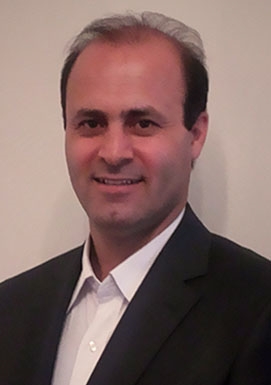
Keynote — Energy Efficient Electric Motors and Trends
Lale T. Ergene, Istanbul Technical University, Turkey
Abstract:
Biography
Lale T. Ergene received her B.Sc. and M.Sc. degrees in Electrical Engineering at Istanbul Technical University (ITU) in 1992 and 1995 respectively and Ph.D. degree in Electrical Power Engineering at Rensselaer Polytechnic Institute (RPI), NY, USA in 2003. She worked as consultant engineer at MAGSOFT Corporation during 1999–2004. She was also an adjunct assistant professor at RPI in 2004. She is currently an associate professor at Istanbul Technical University Electrical Engineering Department. Her current research interests include design, analysis, control of electrical machines, numerical computing and renewable energy technologies.
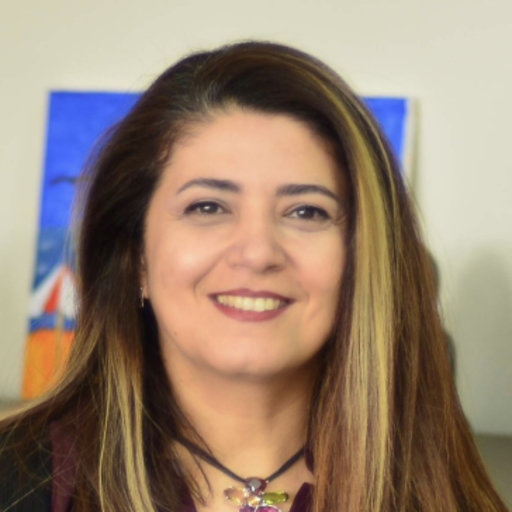
Keynote — Power Electronics in Renewable Energy
Muhammad H Rashid, Florida Polytechnic University, USA
Abstract:
Biography
Prof. Muhammad Rashid is employed by the Florida Polytechnic University as a Professor and Chair of Electrical and Computer Engineering. Previously he worked for the University of West Florida, Pensacola, Florida as a professor of electrical and computer engineering and is currently. He was also employed by the University of Florida as Professor and Director of UF/UWF Joint Program. Rashid received B.Sc. degree in Electrical Engineering from the Bangladesh University of Engineering and Technology, and M.Sc. and Ph.D. degrees from the University of Birmingham in UK. Previously, he worked as Professor of Electrical Engineering and the Chair of the Engineering Department at Indiana University- Purdue University at Fort Wayne. Also, he worked as Visiting Assistant Professor of Electrical Engineering at the University of Connecticut, Associate Professor of Electrical Engineering at Concordia University (Montreal, Canada), Professor of Electrical Engineering at Purdue University Calumet, and Visiting Professor of Electrical Engineering at King Fahd university of Petroleum and Minerals (Saudi Arabia), as a design and development engineer with Brush Electrical Machines Ltd. (England, UK), a Research Engineer with Lucas Group Research Centre (England, UK), a Lecturer and Head of Control Engineering Department at the Higher Institute of Electronics (in Libya & Malta).
Dr. Rashid is actively involved in teaching, researching, and lecturing in electronics, power electronics, and professional ethics. He has published 22 books listed in the US Library of Congress and more than 160 technical papers. His books are adopted as textbooks all over the world. His book, Power electronics has translations in Spanish, Portuguese, Indonesian, Korean, Italian, Chinese, Persian, and Indian edition. His book, Microelectronics has translations in Spanish in Mexico and in Spain, Italian, and Chinese.
Dr. Rashid has worked as a regular employee or consultant in Canada, Korea, United Kingdom, Singapore, Malta, Libya, Malaysia, Saudi Arabia, Pakistan, and Bangladesh. Dr. Rashid has traveled to almost all States in USA and many countries to lecture and present papers (Japan, China, Hong Kong, Indonesia, Taiwan, Malaysia, Thailand, Singapore, India, Pakistan, Turkey, Saudi Arabia, United Arab Emirates, Qatar, Libya, Jordan, Egypt, Morocco, Malta, Italy, Greece, United Kingdom, Brazil, and Mexico). He is a Fellow of the Institution of Engineering & Technology (IET, UK) and a Life Fellow of the Institute of Electrical and Electronics Engineers (IEEE, USA). He was elected as an IEEE Fellow with the citation “Leadership in power electronics education and contributions to the analysis and design methodologies of solid-state power converters.” Dr. Rashid is the recipient of the 1991 Outstanding Engineer Award from The Institute of Electrical and Electronics Engineers (IEEE). He received the 2002 IEEE Educational Activity Award (EAB) Meritorious Achievement Award in Continuing Education with the following citation “for contributions to the design and delivery of continuing education in power electronics and computer-aided-simulation“. He is the recipient of the 2008 IEEE Undergraduate Teaching Award with citation: For his distinguished leadership and dedication to quality undergraduate electrical engineering education, motivating students and publication of outstanding textbooks. He is also the recipient of the IEEE 2013 Industry Applications Society Outstanding Achievement Award.
Dr. Rashid is a Distinguished Lecturer for the IEEE Education Society and a Regional Speaker (previously Distinguished Lecture) for the IEEE Industrial Applications Society. He also authored a book on “The Process of Outcome-Based Education – Implementation, Assessment and Evaluations”.2012 UiTM Press, Malaysia.
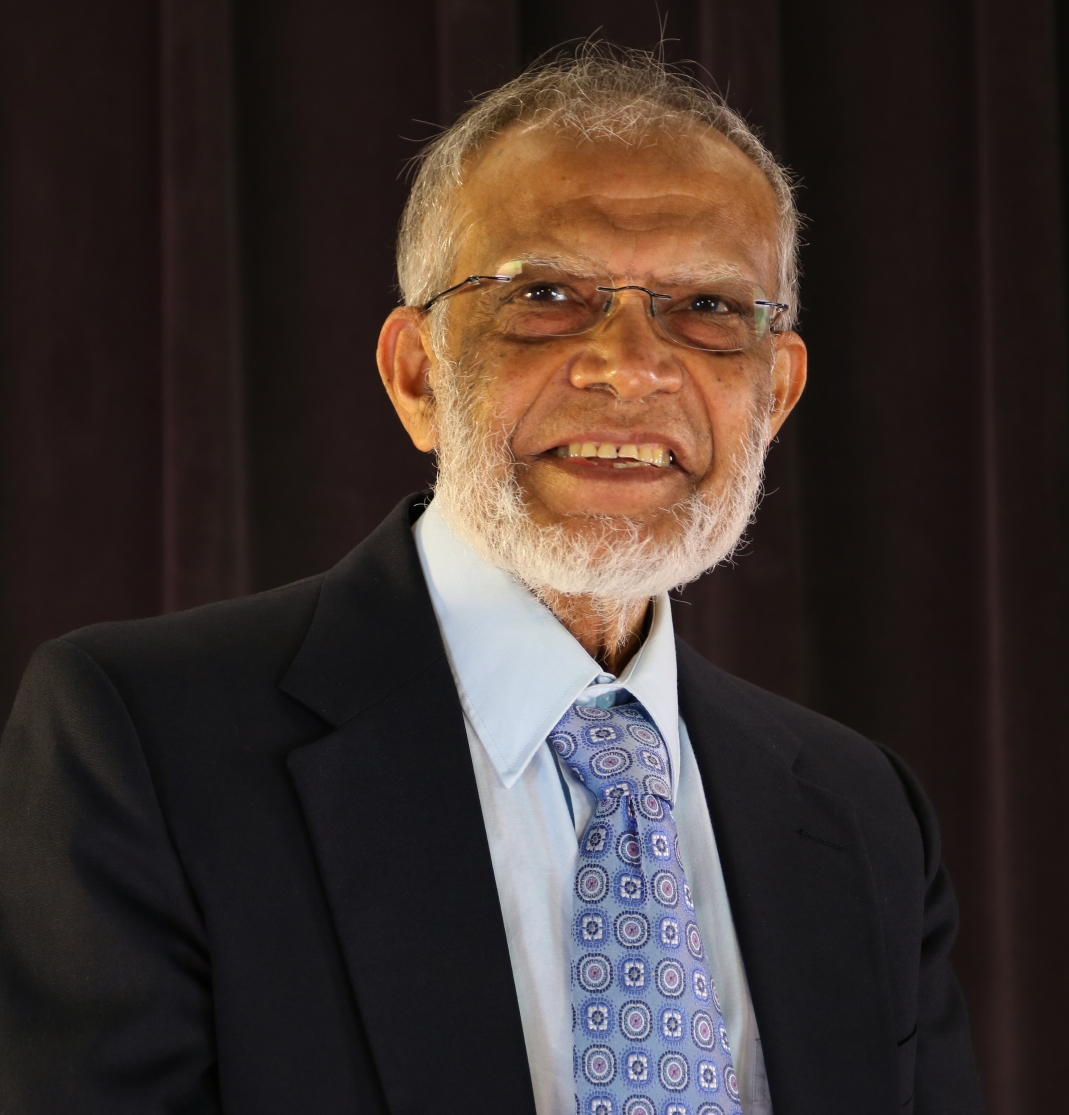
Keynote — Cyber-security of digital power systems and substations
Peter Palensky, TU Delft, Netherlands
Abstract: The digital transformation of our power system leads to lots of benefits: more insight, more flexibility, more preparedness for an uncertain and dynamic future. Equipping all power system assets with digital functions, however, also imports phenomena from the ICT world: complexity, software bugs, race- conditions, interoperability questions, and – last but not least – cyber-security problems. Activist hackers, terrorists, digital vandals, state player attacks: they all can aim at the digital assets of modern power systems in order to impact the physical half of it. Industrial control systems for power systems such as IEC 61850 are one element of the so-called attack surface.
This talk will introduce you to cyber-physical power systems and explain which threats we have to deal with now and in future. It will also explain some known attacks of recent years and demonstrate you how to hack digital substation protection leading to cascading outages – more prominently known as blackouts.
Biography
Peter Palensky received his MSc. in Electrical Engineering in 1997 his PhD in 2001, and his Habilitation in 2015, all from the Vienna University of Technology, Austria.
He co-founded a Envidatec, a German startup on energy management and analytics, and joined the Lawrence Berkeley National Laboratory, CA, as researcher, and the University of Pretoria, South Africa, in 2008. In 2009 he became appointed head of business unit on sustainable building technologies at the Austrian Institute of Technology (AIT), and later the first Principle Scientist for complex energy systems at the AIT. In 2014 he was appointed full Professor for intelligent electric power grids at TU Delft, Netherlands and scientific director of TU Delft’s PowerWeb Institute. He is active in international committees like ISO or CEN and serves an IEEE IES AdCom member-at-large in various functions for the IEEE. He is past editor in chief of the IEEE Industrial Electronics Magazine, associate editor for several other IEEE publications, and regularly organizes IEEE conferences. His main research fields are energy automation networks, smart grids, and modeling intelligent energy systems.
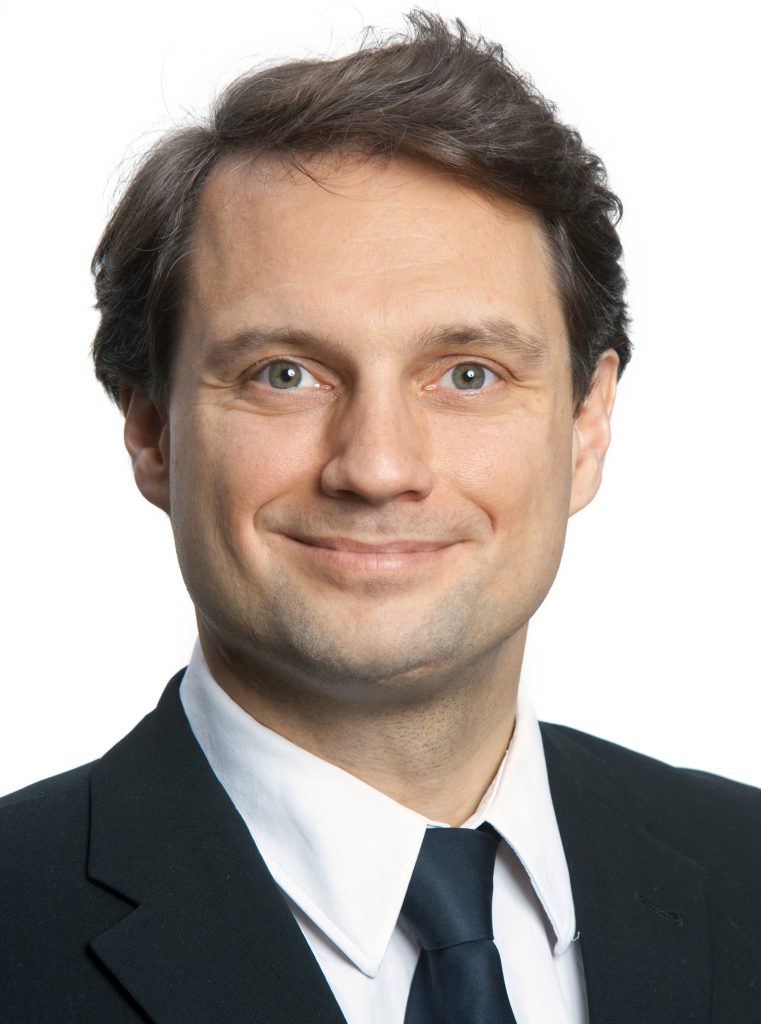
Keynote — Hybrid Energy Storage Systems: perspectives, challenges and applications
Rosario Miceli, University of Palermo, Italy
Abstract: Energy Storage Systems (ESSs) are the keystone to improve the Renewable Energy Sources (RESs) penetration and achieve zero-emissions transportation systems. However, no single energy storage solution is suitable for every application. In many cases, the optimal solution is to use a hybrid ESS (HESS), which consists of two or more ESS with complementary characteristics. The attractive features of HESS are the increased flexibility, to possibility to avoid the oversize of the single ESS and the increase of the lifetime of the system. On the other hand, using HESS poses several challenges. Firstly, to take full advantage of the HESS, an appropriate Energy Management System (EMS) must be designed. The EMS main duty is to collect information from individual storage and tries to combine them to provide the best solution in terms of power sharing. Secondly, the optimal sizing of a HESS is a complex task. The HESS sizing must consider several aspects such as achievable performances, installation, operational and maintenance costs, lifetime, weight and volume.
The first part of this keynote will provide a state-of-the-art analysis of the main energy storage technologies and hybrid energy storage system topologies. The second part of the keynote will focus on the different approaches for energy storage management and the optimal sizing algorithm available in literature. In the last part, the main hybrid energy storage system current applications and future trends will be discussed.
Biography
Rosario Miceli (Member, IEEE) received the B.S. degree and the Ph.D. degree in electrical engineering from the University of Palermo, Palermo, Italy, in 1982 and 1987, respectively. He is currently a Full Professor of electrical machines with Polytechnic School, University of Palermo, where he is also a Personnel in Charge with the Sustainable Development and Energy Savings Laboratory. His main research interests include mathematical models of electrical machines, drive system control, and diagnostics, renewable energies, and energy management. Prof. Miceli is a Reviewer for the IEEE Transactions on Industrial Electronics and the IEEE Transactions on Industry Applications.
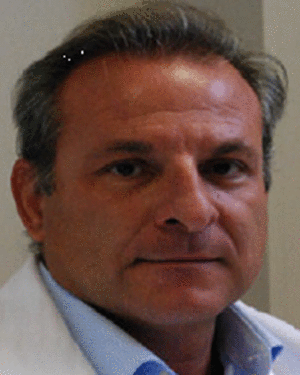
Keynote — How the Electrical Engineers Face the Energy Resources and Market Crisis
Stanimir Valtchev, Universidade Nova de Lisboa, Portugal
Abstract:
Biography
Stanimir VALTCHEV was born in Bulgaria, received M.Sc. from TU Sofia, awarded as the best graduate of the year 1974, worked in TU Delft, received PhD from IST in Lisbon. He worked on semiconductor technology, medical equipment, and then as a researcher in industrial electronics (laser supplies and high-frequency power converters). In the 1980s worked in the Robotics Laboratory of TU Sofia (also being Assistant Director of the Centre of Robotics). During 1987 and in 1991-1992 he worked in the Laboratory for Power Electronics of TU Delft in the Netherlands, as Assistant Professor. Since 1988 was Assistant Professor in TU Sofia and taught several courses on Power Supply Equipment and Power Transistor Converters to graduate and post-graduate students. He was the Deputy Dean of TU Sofia, responsible for the international students in 1990-1994. After 1980 he worked on high-frequency resonant power converters and published in numerous conferences and journals (IEEE Meritorious Paper Award, 1997). In 1994 being invited to Portugal to lead a project of a new soft-transition power converter, stayed, and taught various subjects in different universities and has consulted various institutions in Portugal and in the Netherlands. He is currently contracted as Retired Professor in UNL and Invited Professor of BFU, and TU Sofia, Bulgaria. His research includes power converters (also resonant and multilevel), energy harvesting, wireless energy transfer, electric vehicles, energy management and storage, sensors. He is editor and reviewer of several journals, being also a chair of sub-committee in IES of IEEE.
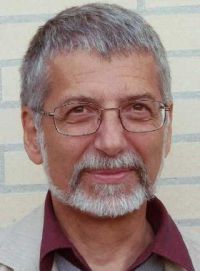
Keynote— Renewable Energy and Converter-Based Power System Stability
Jian Sun, Rensselaer Polytechnic Institute, USA
Abstract: Power systems are undergoing a fundamental transformation because of the rapidly development of renewable energy. Unlike conventional generation from fossil fuels, renewable power generation relies on power electronics for control and integration into the power grid. With the goal set by many governments to achieve a carbon-free electricity sector and a carbon-neutral economy by 2050 or sooner, this transformation is expected to further accelerate in the coming years, leading to a future grid with ubiquitous use of power electronics, what is now referred to as a converter-based power system.
Compared to synchronous generators, converters require much faster control. The associated high-frequency dynamics create new stability problems that necessitate new modeling and analysis methods and tools. Small-signal sequence impedance theory has been developed to meet this practical need. This tutorial presents a general overview of power electronics application in renewable energy and utility power systems, discusses fundamental differences between converters and machines in the context of system stability, and introduces frequency-domain stability modeling and analysis methods based on small-signal sequence impedances.
Biography
Dr. Jian Sun joined the faculty at Rensselaer Polytechnic Institute (RPI) in 2002, where he is currently a Professor in the Department of Electrical, Computer and Systems Engineering. He is also Director of the Center for Future Energy Systems (CFES) funded by New York State government. His research interests are in the general area of power electronics and energy conversion, with an emphasis on modeling, control, and different applications including renewable energy and power systems.
Dr. Sun received his Dr.-Ing. Degree from the University of Paderborn in Germany. Prior to joining the faculty at RPI, he spent five years at Rockwell Collins working on power electronics for aircraft power systems, and was a Post-Doc Fellow at Georgia Tech from 1996 to 1997. As Director of CFES, he is responsible for the strategic directions and development of the Center’s research, industry collaboration, education, and outreach programs. His professional services to the power electronics community included serving as Editor-in-Chief of IEEE Power Electronics Letters from 2008 to 2014 and as Treasurer of IEEE Power Electronics Society since 2013. He is also an active consultant to the industry and has worked in that capacity with many international corporations including GE Aviation, Rockwell International, United Technologies, Facebook, GE Power, First Solar, China State Grid, and TenneT.
Dr. Sun received the IEEE PELS Modeling and Control Technical Achievements Award in 2013 and the R. David Middlebrook Outstanding Achievement Award in 2017. He is a Fellow of IEEE.
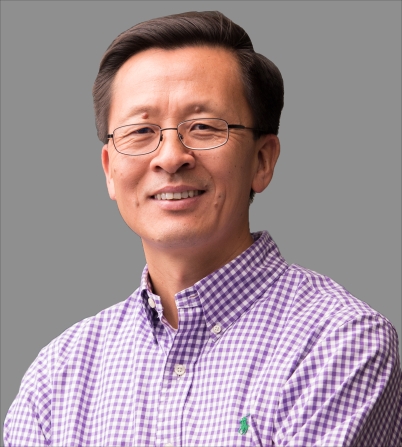
Tutorial Sessions
Tutorial —Actuation Research for Future Industries Challenges and Opportunities
Arda Tuysuz, ABB Corporate Research Center in Ladenburg, Germany
This evolution places higher stress on the circuit breakers that protect the grid, which translates into a very challenging set of tasks for breaker actuators. Therefore, this talk will discuss novel methods to develop next generation of reliable and efficient actuators for smart and sustainable electrification. Focus will be on electromagnetic actuation, as it is particularly well suited to meet the requirements of more frequent, synchronous, and adaptive switching. The talk will also give examples of novel actuators utilizing smart materials and discuss the potentials and challenges of the industrial use of such actuators. Finally, examples of state-of-the-art condition monitoring techniques will be shown and their importance for a smart and sustainable future of electrification will be highlighted.
Biography
Arda TUYSUZ received his B.Sc. degree in electrical engineering from Istanbul Technical University, Turkey, in 2006; his M.Sc. degree in electrical power engineering from RWTH Aachen University, Germany, in 2009; and his Ph.D. degree in electrical drives from the Swiss Federal Institute of Technology (ETH) Zurich, Switzerland, in 2015. Between 2015 and 2017, he worked as a post-doctoral researcher with the Power Electronic Systems Laboratory of ETH Zurich. He is currently with the ABB Corporate Research Center in Ladenburg, Germany. His research focus is on novel electrical drive and sensing topologies for various industrial applications.
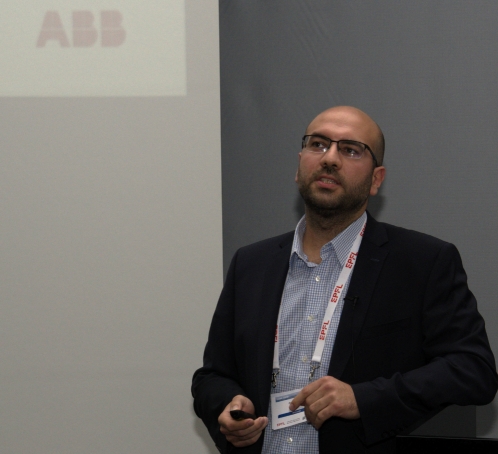
Tutorial — Enabling Technologies for Future Wireless Communications
Lina Mohjazi, School of Engineering, University of Glasgow, UK
Abstract: The upsurge in wireless devices and real-time service demands force the move to a higher frequency spectrum. Millimetre-wave (mmWave) and terahertz (THz) bands combined with the beamforming technology offer significant performance enhancements for ultra-dense networks (UDNs), which are the dominating network paradigm when running high radio frequencies. Unfortunately, shrinking cell coverage and severe penetration loss experienced at higher spectrum render mobility management a critical issue in UDNs. This tutorial will shed light on the role of key 5G/6G technologies in enabling future wireless communications. Specifically, the tutorial will discuss the potential of exploiting wireless signals and on-road surveillance systems to intelligently predict possible blockages in advance and perform timely cell hand overs. The talk will explain how computer vision (CV) leveraging camera imagery can enable determine obstacles and users’ location and speed to support seamless wireless communications. Additionally, the talk will highlight the importance of intelligent reflecting surfaces (IRS) technology in enabling green communications and support network sustainability through effective wireless power transfer for RF energy harvesting. It will also discuss the importance of IRS applications to support UAV-based wireless systems.
Biography
Lina Mohjazi received the B.Sc. (Honors) degree from the United Arab Emirates (UAE) University, Al-Ain, UAE, in 2008 (Full Scholarship), the M.Sc. degree from Khalifa University (KU), Abu Dhabi, UAE, in 2012 (Full Scholarship), and the Ph.D. degree from the University of Surrey, Guildford, U.K., in 2018, all in electrical and electronic engineering. She is currently an Assistant Professor (Lecturer) at the James Watt School of Engineering, University of Glasgow, UK. From 2015 to 2020 she was with Khalifa University (KU) as a Lecturer. From 2018 to 2020 she was a Research Associate at the KU Center for Cyber-Physical Systems (C2PS), KU, UAE. From 2019 to 2020 she was a Visiting Research Associate with the Communications, Sensing and Imaging (CSI) group at the School of Engineering, University of Glasgow, UK. She has authored and co-authored 20+ research papers in international high-impact journals and highly-rated conferences. She is also the recipient of multiple teaching awards.
Dr. Mohjazi is a Senior member of the IEEE and an active reviewer for more than 20 top-notch and multidisciplinary IEEE journals and conferences. She is currently Associate Editor for the IEEE Communications Letters, an Associate Editor for the IEEE Open Journal of the Communications Society, and an Area Editor for Physical Communication (Elsevier). Dr. Mohjazi has served as a member of the Technical Program Committe

Tutorial — High Voltage DC (HVDC) Technologies and Applications
Gokhan Onal, Lean Power Solutions, Turkey
Biography
Gökhan ÖNAL received his M.Sc. degree in Electrical Engineering from the RWTH University, Germany in 2010. He worked at Siemens AG on the development of HVDC&FACTS systems till 2016. Then, he has co-founded Lean Power Solutions and he has been providing solutions to manufacturers, network operators and consulting companies. He has been involved in the development of several wind turbine, HVDC, STATCOM and similar technologies. Currently, he is the managing director of lean power solutions and lpschain.
